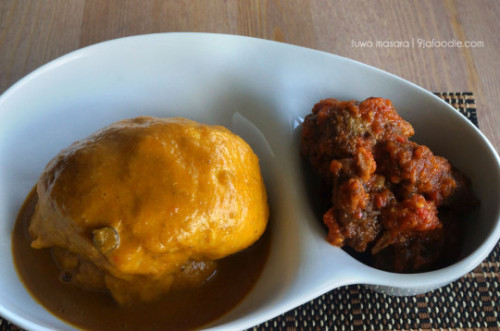ourafrica:Our Africa’s tribe of the week: Hausa The Hausa are one of the largest ethni
ourafrica: Our Africa’s tribe of the week: Hausa The Hausa are one of the largest ethnic groups in West Africa. They live primarily in the Sahelian and Sudanian areas of northern Nigeria and southeastern Niger, with significant numbers also living in parts of Cameroon, Côte d’Ivoire, Chad, Togo, Ghana, and Sudan. The Hausa are a minority in every country they reside in except Niger, where they constitute the majority. Predominantly Hausa communities are scattered throughout West Africa and on the traditional Hajj route across the Sahara Desert, especially around the town of Agadez. A few Hausa have also moved to large coastal cities in the region such as Lagos and Cotonou, as well as to parts of North Africa such as Libya. Most Hausa, however, live in small villages or towns in West Africa, where they grow crops, raise livestock including cattle and engage in trade. They speak the Hausa language, an Afro-Asiatic language of the Chadic group. The Hausa people have a very restricted dressing code due to the fact of religious beliefs. The men are easily recognizable because of their elaborate dress which is a large flowing gown known as Babban riga and a robe called a jalabia and juanni.. These large flowing gowns usually feature some elaborate embroidery designs around the neck. Men also wear colorful embroidered caps known as fula, and depending on location and occupation, may wear a Tuareg-style turban around this to veil the face (known as alasho or tagelmust. The women can be identified by their dressing codes in which they wear wrapperscalled abaya made with colorful cloth with a matching blouse, head tie and shawl. Hausa have an ancient Chadic/Sahelian culture that had an extensive coverage area, and have long ties to the Tuareg, Berbers, and other peoples in West Africa, such as the Mandé, Fulani and the Wolof of Senegambia, through extended long-distance trade. Islam has been present in Hausaland since the 14th century. Muslim scholars of the early 19th century disapproved of the hybrid religion practised in royal courts, and a desire for reform was a major motive behind the formation of the Sokoto Caliphate. It was after the formation of this state that Islam became firmly entrenched in rural areas. The Hausa people have been an important factor for the spread of Islam in West Africa. Maguzawa, the animist religion, was practiced extensively before Islam. In the more remote areas of Hausaland Maguzawa has remained fully intact, but as one gets closer to more urban areas it almost totally disappears, appearing occasionally in the folk-beliefs of urban dwellers. It often includes the sacrifice of animals for personal ends, it is thought of as illegitimate to practice Maguzawa magic for harm. What remains in more populous areas is a “cult of spirit possession” known as Bori which still holds the old religion’s elements of animism and magic. The most common food that the Hausa people prepare consists of grains such as sorghum, millet, rice, or maize, which are ground into flour for a variety of different kinds of dishes. The food is popularly known as tuwo in the Hausa language. Usually, breakfast consists of cakes made from ground beans which are then fried—known as kosai—or wheat flour soaked for a day then fried and served with sugar—known as funkaso. Both of these cakes can be served with porridge and sugar known as koko. Lunch or dinner are usually served as heavy porridge with soup and stew known as tuwo da miyan taushe. The soup and stew are usually prepared with ground or chopped tomatoes, onions, and a local pepper sauce called daddawa. While preparing the soup, most of the times spices and other vegetables such as spinach, pumpkin, or okra are added to the soup. The stew is prepared with meat, which can include goat or cow meat but not pork due to Islamic religion restrictions. Beans, peanuts, and milk are also served as a complementary protein diet for the Hausa people. This is Africa, our Africa ! -- source link
Tumblr Blog : ourafrica.tumblr.com






